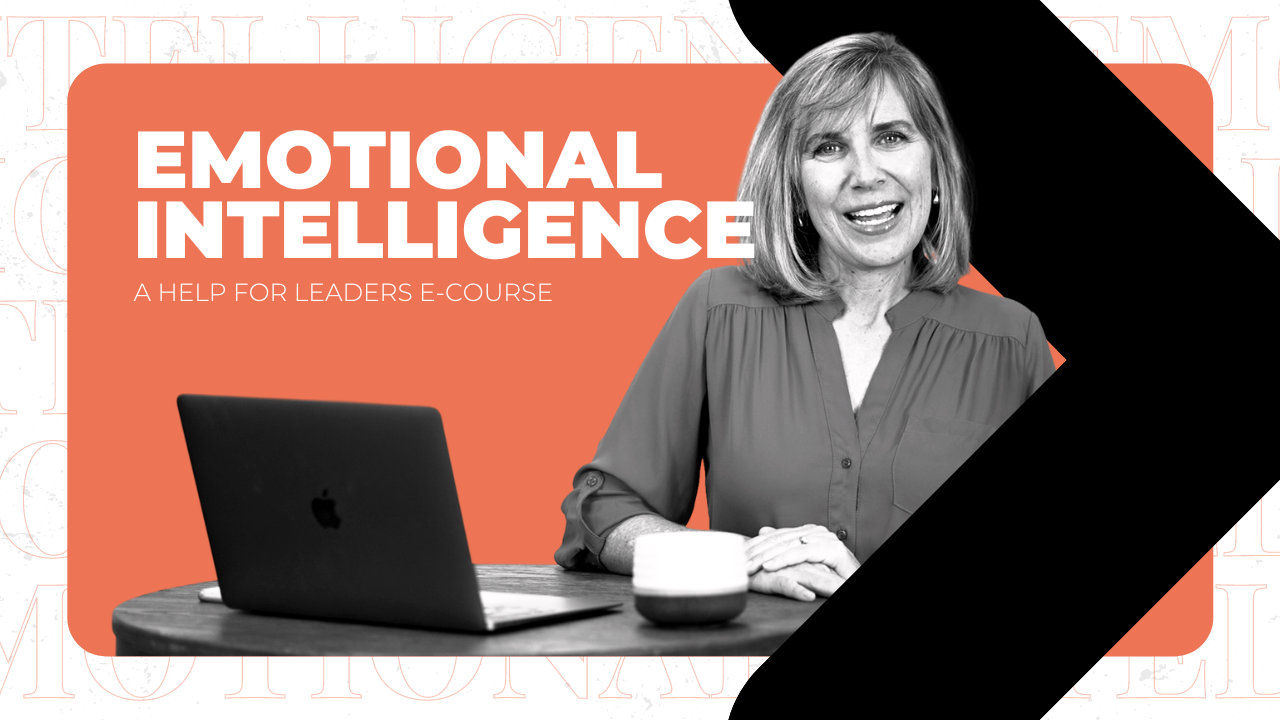Emotional Intelligence: Self Regulation

Self-Regulation is the ability to control or redirect disruptive impulses and moods and the capacity to suspend judgment and think before acting. In practice, it is your ability to influence your emotional clarity
Have you ever said something out of anger that you later regretted? Do you let fear talk you out of taking risks that could really benefit you? If so, you're not alone.
Emotions are powerful. Your mood determines how you interact with people, how you deal with challenges, and how you spend your time.
Gaining control over your emotions will help you become mentally stronger. And the good news is, anyone can become better at regulating their emotions. Just like any other skill, managing your emotions requires practice and dedication.
Managing your emotions isn't the same as suppressing them. Ignoring your sadness or pretending you don't feel pain won't make those emotions go away.
Acknowledge your feelings, while also recognizing that your emotions don't have to control you. If you wake up on the wrong side of the bed, you can take control of your mood and turn your day around. If you are angry, you can choose to calm yourself down.
Here are a few examples of ways to practice emotional regulation skills:
- Go for a walk
- Listen to uplifting music
- Call a friend to talk (not to continue complaining)
- Practice good listening skills, pause before responding
- Discuss ways of dealing with change and stress with family members, friends or a trusted advisor
- Ask yourself, “What is the worst thing that can happen?” in order to consider the reality of the situation
- Discuss ways of expressing emotions appropriately with co-workers
- There is a strong mind-body connection. Prayer and meditation are great ways to learn to self-regulate your emotions.


